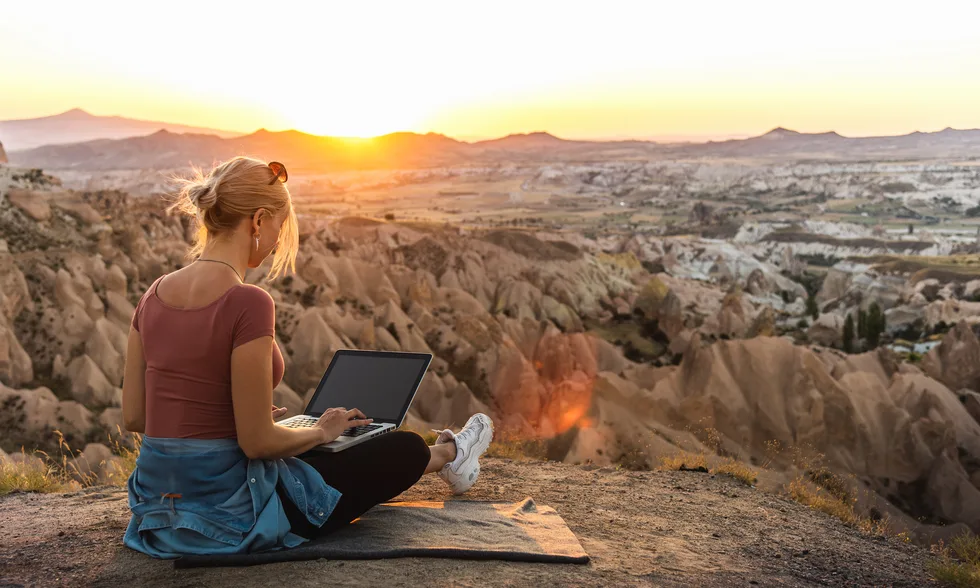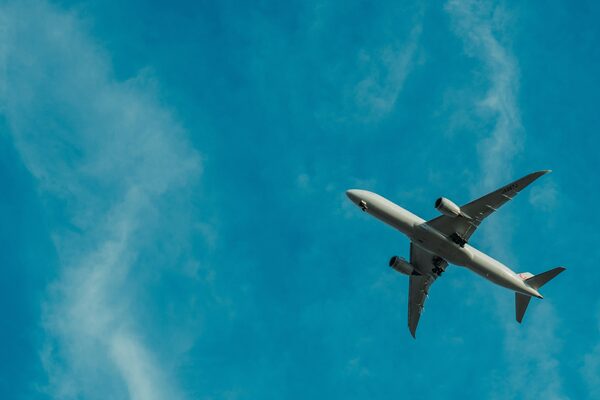Business travel in 2025 looks different to just a few years ago. As global travel rebounds, one trend is reshaping the way professionals approach their time on the road: bleisure.
The blend of business and leisure travel is no longer a niche concept. It is quickly becoming a defining feature of modern corporate travel, driven by changing workforce expectations and new opportunities for employers and destinations alike.
What is bleisure travel?
The term refers to business trips that are extended or designed to include leisure time. According to the BBC’s Bleisure Bound report, the practice has surged in popularity as employees seek more balance between professional obligations and personal experiences. This aligns with broader workplace trends where flexibility and wellbeing have become central to employee satisfaction.
The benefits for employees and employers
For employees, bleisure offers the chance to recharge, explore new places, and make the most of time away from the office. Forbes notes that combining business and leisure travel can boost morale and overall job satisfaction by creating opportunities for discovery and personal growth. The financial benefits are clear as well. Since flights and accommodation are typically covered for the business portion of the trip, travellers can extend their stay at a lower cost.
For employers, bleisure is more than a perk. Research shows that happy and well-rested employees are often more productive and engaged when they return to work. Allowing flexibility also strengthens retention, particularly among younger professionals who prioritise work-life balance.
There are also relationship-building benefits. Leisure time can create informal opportunities for networking with colleagues, clients, and partners in ways that standard meetings do not.
A win for destinations
The impact extends beyond the individual traveller and the employer. Destinations benefit when travellers stay longer and spend more. Extended trips can generate stronger economic contributions for local businesses, from hotels and restaurants to cultural attractions. In addition, travellers who share their experiences on social media can provide valuable exposure for the destination.
Challenges and considerations
Despite its advantages, bleisure is not without challenges. Organisations must clearly define where business expenses end and personal expenses begin to ensure compliance and cost control. Employers also need to consider duty of care. Even when an employee extends a trip for personal reasons, companies still have a responsibility to know where their travellers are and to provide support if needed. At Phil Hoffmann Corporate Travel, we help organisations build clear and practical travel policies that can address these situations, giving both businesses and employees confidence in how bleisure can be managed.
Sustainability is another important consideration. As travel volumes increase, businesses must balance employee demand for flexibility with initiatives that minimise environmental impact.
Who is leading the trend?
Millennials and Gen Z professionals are more likely to combine work and leisure, driven by a stronger focus on experience and work-life balance. Adoption is expanding more broadly as companies adopt flexible policies. Here in Australia, the trend is especially pronounced; with the Global Business Travel Association (GBTA) reporting that Australian business travellers are taking up bleisure at almost double the global average. This is likely due to Australians facing higher travel costs and longer journey’s than those in Europe or the Americas – why not make the most out of the long journey and enjoy some leisure time too?
Opportunities for businesses
Forward-thinking companies are already finding ways to integrate bleisure into their travel programs. This includes negotiating flexible rates with hotel partners that allow easy extensions, offering curated destination information, and using technology platforms that seamlessly manage itineraries, reporting, and safety requirements.
For employers who are committed to attracting and retaining top talent, recognising bleisure as a legitimate part of modern travel is no longer optional. It is an opportunity to align corporate travel with evolving employee expectations while maintaining cost control and compliance.
More than a trend
Bleisure is not a passing phase. It reflects a cultural shift toward balance, wellbeing, and productivity. By embracing it, companies can create travel programs that benefit both the business and the traveller.
At Phil Hoffmann Corporate Travel, we work with organisations to design programs and policies that simplify the business of travel. Because when travel works for people, business works better.


